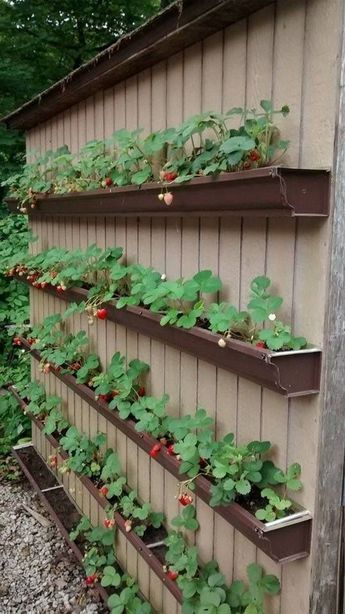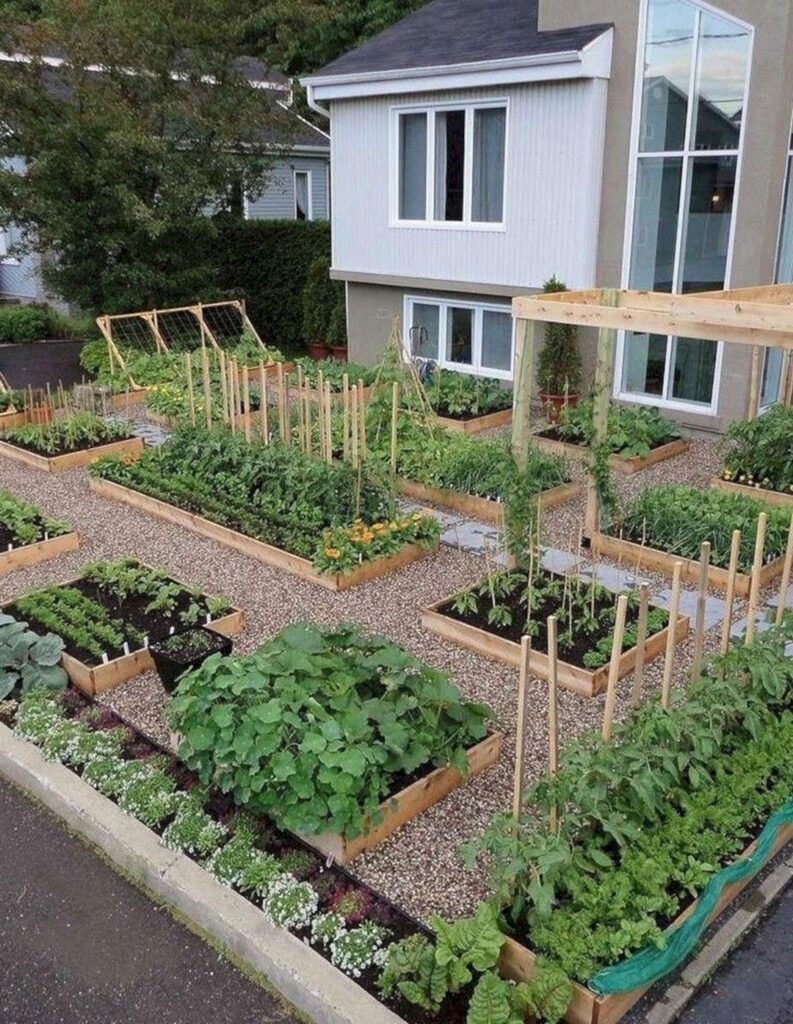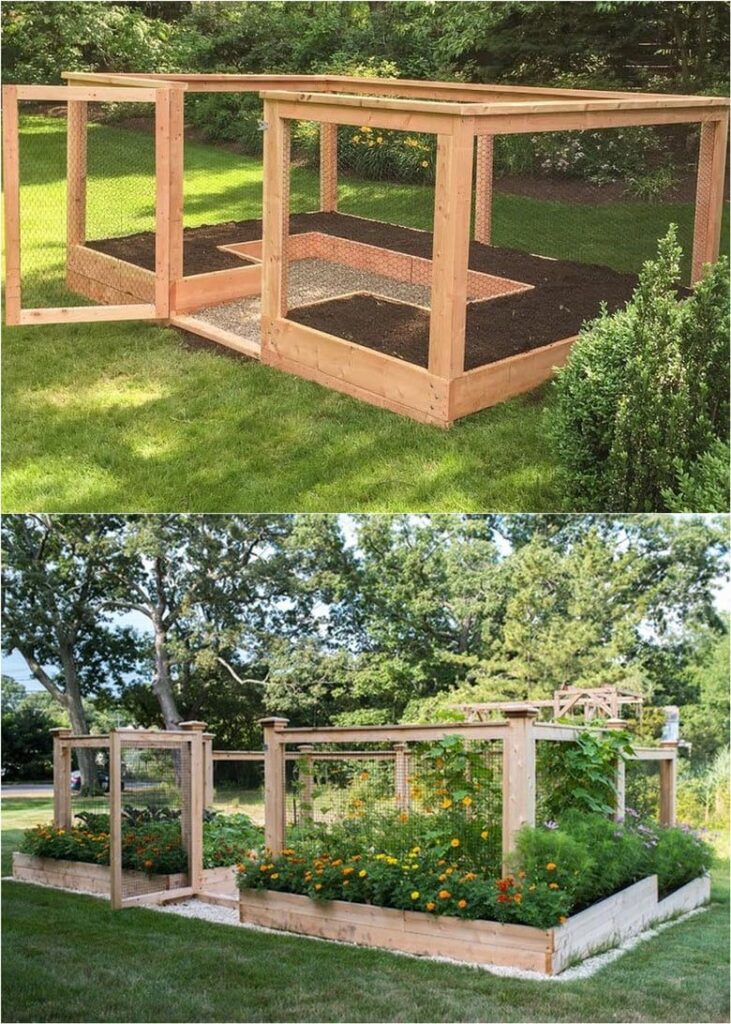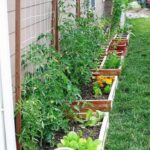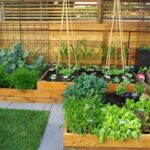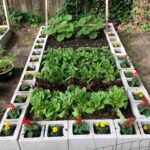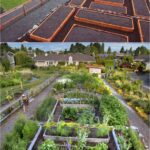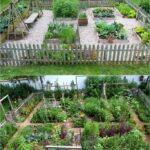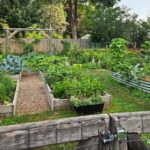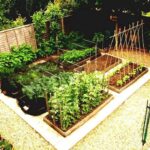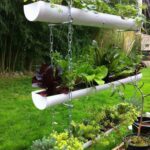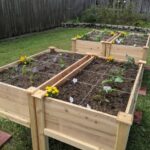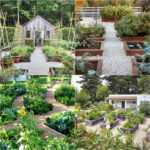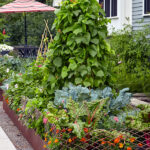One popular and rewarding way to get fresh, organic produce is by starting a backyard vegetable garden. Not only does it provide easy access to healthy fruits and vegetables, but it also allows you to connect with nature and enjoy the satisfaction of growing your own food. If you are considering starting your own backyard vegetable garden, here are some ideas to get you started.
First, think about the layout of your garden. Consider the amount of space you have available and plan out where each vegetable plant will go. You can opt for traditional rows or raised beds, or get creative with vertical gardening by using trellises or hanging planters. Creating a layout will help you maximize the space and ensure that each plant gets the sunlight and nutrients it needs to thrive.
When choosing which vegetables to plant, consider what grows well in your climate and soil type. Some easy-to-grow options for beginners include tomatoes, peppers, lettuce, and herbs like basil and parsley. You can also plant companion plants that help each other grow, such as planting marigolds alongside tomatoes to deter pests. Experiment with different varieties to see what works best in your garden.
Another important aspect of a successful backyard vegetable garden is proper soil preparation. Make sure to amend your soil with compost or organic matter to improve its fertility and drainage. You can also add mulch to retain moisture and suppress weeds. Regularly testing your soil’s pH levels can help you adjust the nutrient levels to ensure healthy plant growth.
To maintain a healthy garden, it’s essential to water your plants consistently. Consider installing a drip irrigation system or soaker hoses to ensure even watering and prevent wasting water. It’s also important to monitor for pests and diseases and take prompt action to prevent them from spreading. Natural remedies like neem oil or introducing beneficial insects can help keep your garden pest-free.
Incorporating sustainable practices in your backyard vegetable garden can help reduce waste and promote a healthy ecosystem. Consider composting kitchen scraps and garden waste to create nutrient-rich soil for your plants. You can also use organic fertilizers and natural pest control methods to minimize the use of harmful chemicals. Additionally, planting native plants and flowers can attract pollinators and beneficial insects to your garden.
Overall, starting a backyard vegetable garden can be a fun and rewarding experience. With careful planning, proper care, and a little bit of trial and error, you can enjoy a bountiful harvest of fresh, home-grown produce right in your own backyard. So grab your gardening gloves and shovel, and get started on creating your very own little slice of paradise!
